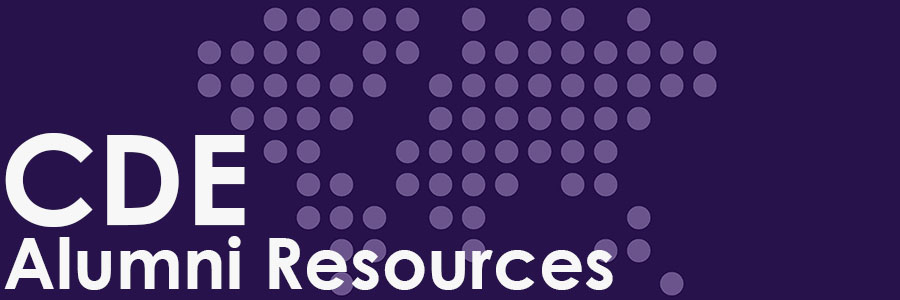Archive for January 27, 2020
Online Course: Development Economics
This course in Development Economics from Marginal Revolution surveys most of the major topics in development, including the following: Geography and Development; Food and Agricultural Productivity; Water Economics; Economic Growth; Bottlenecks, Linkages and Intermediate Goods; Productivity of Firms; Trade; Property Rights; Corruption; Foreign Aid; Finance, Growth, and the Poor; Poverty and Behavior; Health; Education; Politics, Democracy, and War; Migration; and Population and Environment.
You can take the whole course, or just watch the lectures that interest you.
Read MoreBook: Entrepreneurial Economics: Bright Ideas for the Dismal Science
This book by Alex Tabarrok of the quirky and insightful blog Marginal Revolution brings together some of the great insights of economics research of the recent decades, from governments buying out patents and putting them in the public domain to how to think about the market for organ donation.
Read MoreExecutive Summary: “Women as Policy Makers: Evidence from a Randomized Policy Experiment in India”
This executive summary on JPAL describes an article exploring the effect of a change in gender quotas for village leadership in India.
Read MoreExecutive Summary: “Nudging Farmers to Use Fertilizer: Experimental Evidence from Kenya”
This executive summary on JPAL describes an experiment in which farmers in Kenya were provided with “nudges” to make purchases of fertilizer rather than putting it off suggests that small policy changes to the incentives people face can have outsized impacts.
Read MoreExecutive Summary: “Measuring the Impact of Microfinance in Hyderabad, India”
This executive summary from JPAL provides a synopsis of the microcredit intervention that finds mediocre effects of microcredit, perhaps because loosening credit constraints doesn’t help much if not everyone is cut out to be an entrepreneur.
Read MoreBlog: “The Nobel Prize in Economic Science Goes to Banerjee, Duflo, and Kremer”
Shortly after the announcement of the 2019 Nobel Prizewinners, Alex Tabarrok took to his blog to present a list of his favorite findings and methods by the winners, Abhijit Banerjee, Esther Duflo, and Michael Kremer.
Read MoreBlog: “Kremer’s O-ring theory of economic development”
Economist Jason Collins provides a short analysis of Michael Kremer’s 1993 paper on the “O-ring theory of development,” a suggestion for why development might break down when just one component fails.
Read MoreBlog: “Two Bright Ideas to Reduce Drug Prices”
In this commentary, Alex Tabarrok of George Mason responds to an idea to introduce innovation and reduce the cost of drugs: patent buyouts.
Read MoreNews Article: “Worming our Way to the Truth”
A column by Tim Hartford summarizes and responds to the controversy of the “Worm Wars,” a dispute about the relevance and methodology of a 2004 study on deworming children.
Read MoreFull Article: “Powerful Women: Does Exposure Reduce Bias?”
In this study, a group of female researchers explores what happens to norms around women when women take on leadership positions in their communities.
Read More







